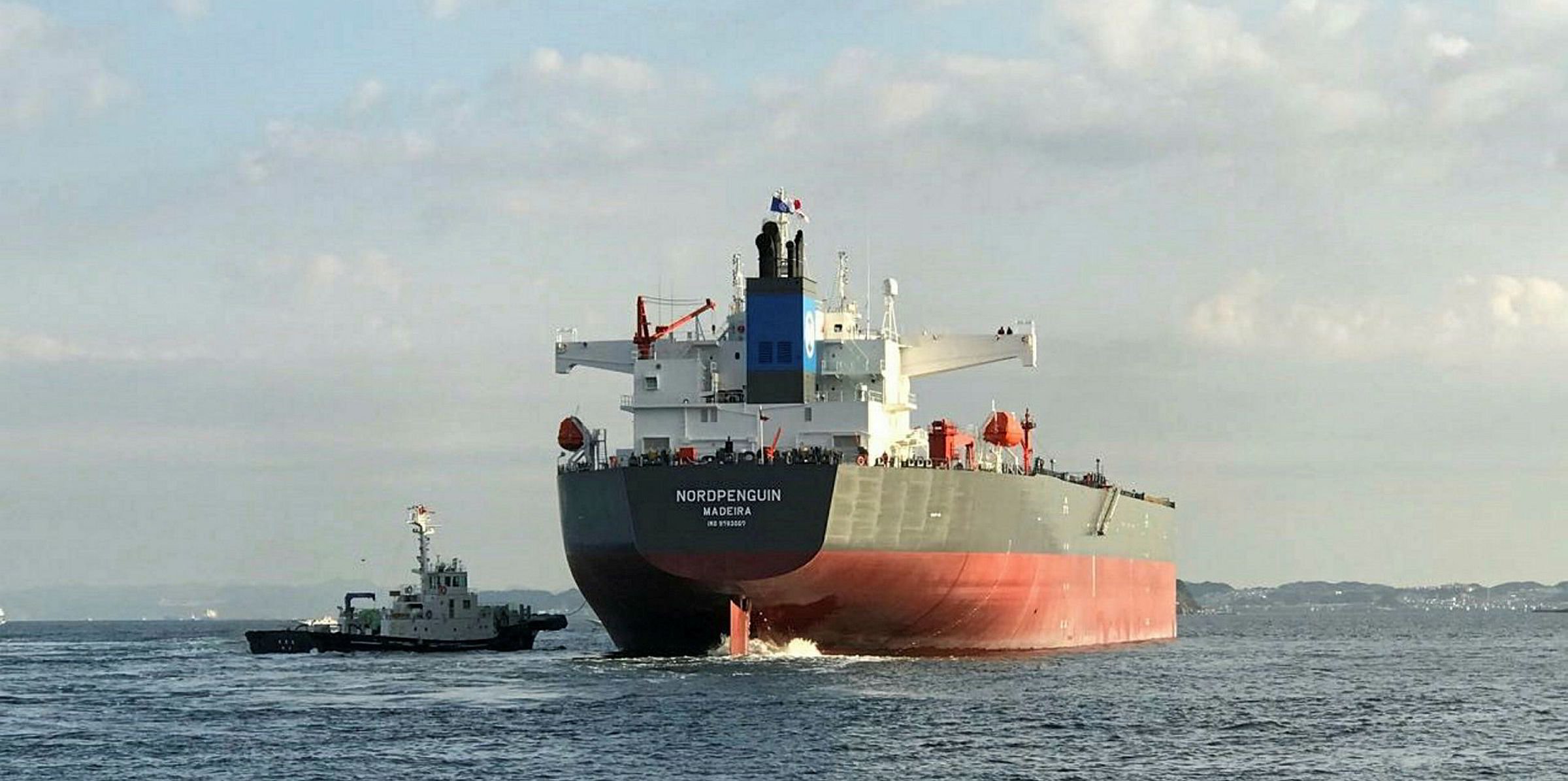The focus of period charter markets has shifted to product tankers from crude as oil firms hold out for the conclusion of the latest Opec+ meeting, according to some market participants.
While rising inventories of petroleum products are creating short-term floating storage requirements, some shipowners and charterers are seeking longer deals amid volatile market conditions.
Data from Braemar ACM showed at least nine LR2 and three MR product tankers were fixed on period charters at firm rates last week, with period lengths ranging between 60 days and 12 months.
“It has been an extremely busy period market – sometimes feeling like a spot market at times,” the brokerage said.
“In terms of structure of fixtures, it seems to be a ‘tale of two halves’. Either ‘x’ amount of days short time charter – mainly for storage purposes – or 12-month periods.”
The 119,000-dwt SKS Delta (built 2010) and SKS Demini (built 2012) were said to secure $35,000 per day from Vitol for 12 months, up $11,000 from Braemar’s assessment in the previous week.
Scorpio Tankers’ 110,000-dwt STI Carnaby (built 2015) was reportedly chartered by Glencore subsidiary ST Shipping for storage use for 135 to 180 days at $40,000 per day.
SKS, Scorpio, Vitol and Glencore declined to comment on the charters.
“With the way that the market has played and the rates willing to be paid by oil companies and traders for storage, we have seen even eco vessels make the decision to take themselves off the spot market,” Braemar said.
“We have seen companies with large fleets, who typically look to take in tonnage rather than put out, flip their stance and have recently been pushing vessels for period.”
Oil demand woes
According to Rystad Energy, global jet fuel demand will fall by 26% and road fuel by 5.5% in 2020 due to the coronavirus pandemic.
“There have been a substantial number of larger product tankers (LR1s and LR2s) utilised for storage of jet fuel and gasoline,” Poten & Partners said.
“We have even seen a report of a newbuilding VLCC utilised for the storage of jet fuel.”
The 341,509-dwt Elandra Denali (built 2020) – controlled by Vitol – is being linked to a rare storage contract for jet fuel for its maiden voyage, oil analytics firm Vortexa said.
It seems more charterers are looking to keep their hands quite close to their chest, wanting lots of optionality and for shorter periods.
“Jet fuel is a high specification product that is sensitive to contamination and it degrades much quicker than crude oil,” Poten added.
“Jet fuel, like most other refined products can only be stored for a few months.”
Quiet market for crude tankers
On the other hand, the period charter market for crude tanker has become much quieter aside from some long term deals for scrubber-fitted tonnage.
“Suddenly there was a light switched off,” a broker said.
Okeanis Eco Tankers fixed either the 319,000-dwt Nissos Anafi (built 2020) or sistership Nissos Kythnos (built 2019) for three years at $48,000 per day.
The 296,666-dwt Seaways Kilimanjaro was reportedly booked for the period length at $45,000 per day. Shipowner International Seaways has been approached for comment.
Market players are expected to make their next move after the meeting between Opec, Russia and none other producers this Thursday, which will discuss a potential crude supply cut.
The news of meeting last week prompted a narrower oil contango, reducing incentives for floating storage play.
“All time charter deals of storage and contango plays either failed or are being scrutinised very carefully,” Braemar said.







